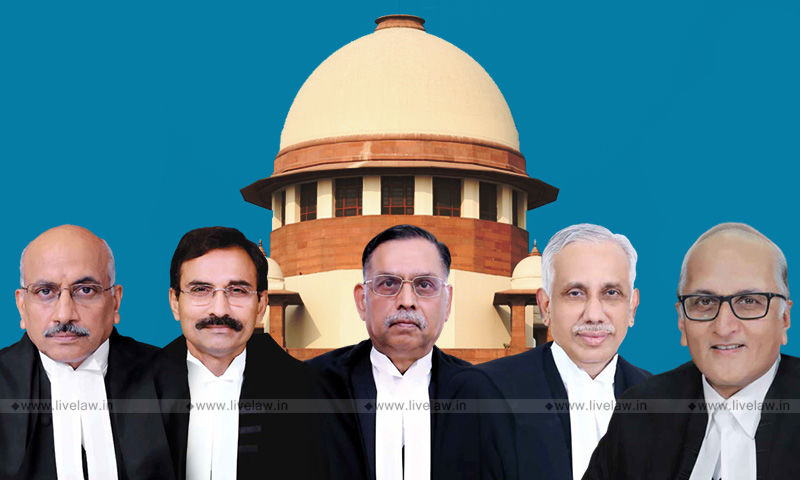Maratha Quota Case : Supreme Court Constitution Bench Reserves Judgment After 10 Days Of Hearing
Radhika Roy
26 March 2021 2:28 PM IST

Next Story
26 March 2021 2:28 PM IST
After a marathon hearing over a period of 10 days, the Constitution Bench of the Supreme Court on Friday reserved the judgement in a batch of pleas challenging the Maharashtra SEBC Act, 2018, which provides for reservation for Marathas in jobs and education. The 5-Judge Bench comprising Justices Ashok Bhushan, L. Nageswara Rao, S. Abdul Nazeer, Hemant Gupta and S. Ravindra Bhat heard...
